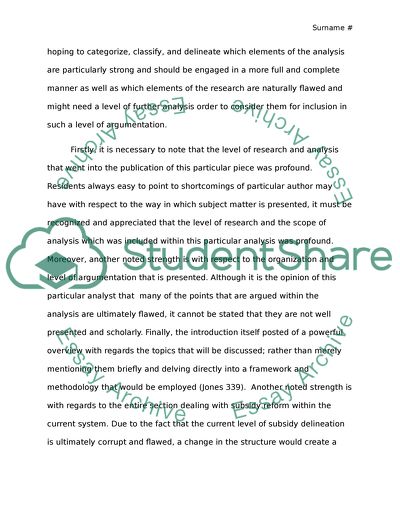Cite this document
(“The process of scholarly writing Essay Example | Topics and Well Written Essays - 1500 words”, n.d.)
The process of scholarly writing Essay Example | Topics and Well Written Essays - 1500 words. Retrieved from https://studentshare.org/macro-microeconomics/1489110-the-process-of-scholarly-writing
The process of scholarly writing Essay Example | Topics and Well Written Essays - 1500 words. Retrieved from https://studentshare.org/macro-microeconomics/1489110-the-process-of-scholarly-writing
(The Process of Scholarly Writing Essay Example | Topics and Well Written Essays - 1500 Words)
The Process of Scholarly Writing Essay Example | Topics and Well Written Essays - 1500 Words. https://studentshare.org/macro-microeconomics/1489110-the-process-of-scholarly-writing.
The Process of Scholarly Writing Essay Example | Topics and Well Written Essays - 1500 Words. https://studentshare.org/macro-microeconomics/1489110-the-process-of-scholarly-writing.
“The Process of Scholarly Writing Essay Example | Topics and Well Written Essays - 1500 Words”, n.d. https://studentshare.org/macro-microeconomics/1489110-the-process-of-scholarly-writing.


